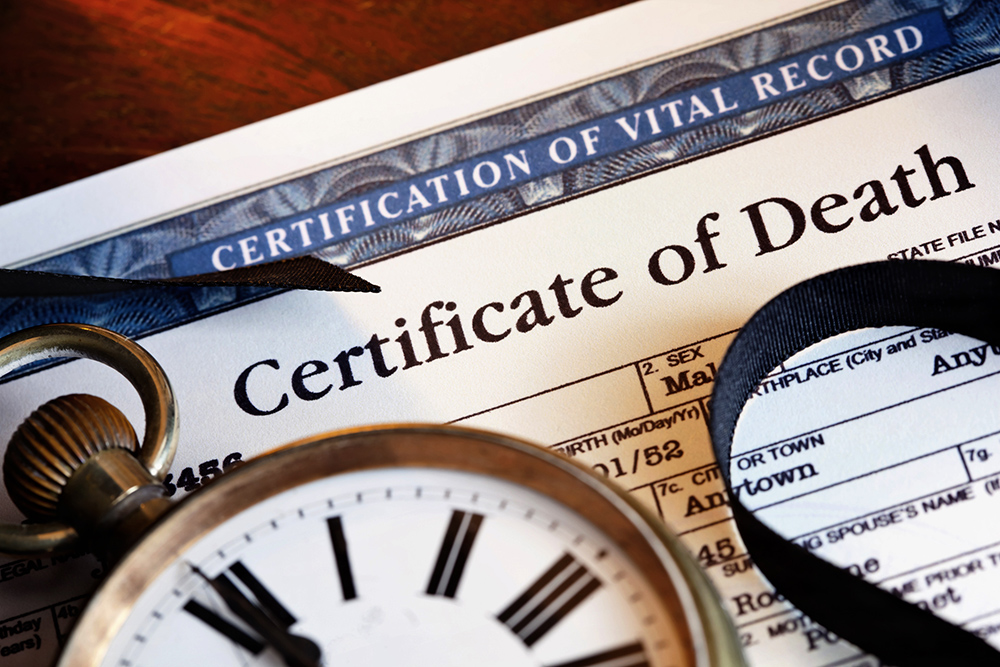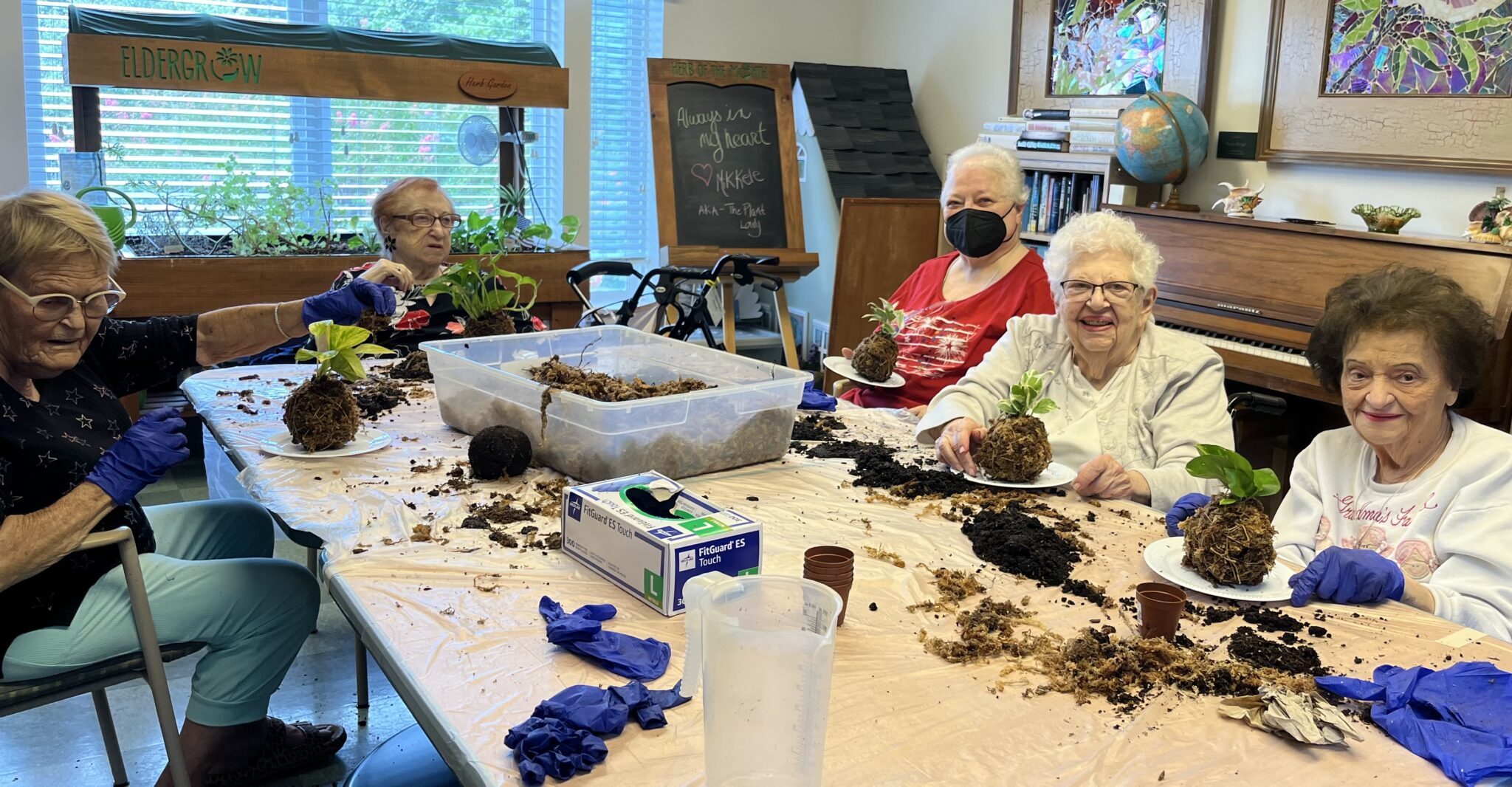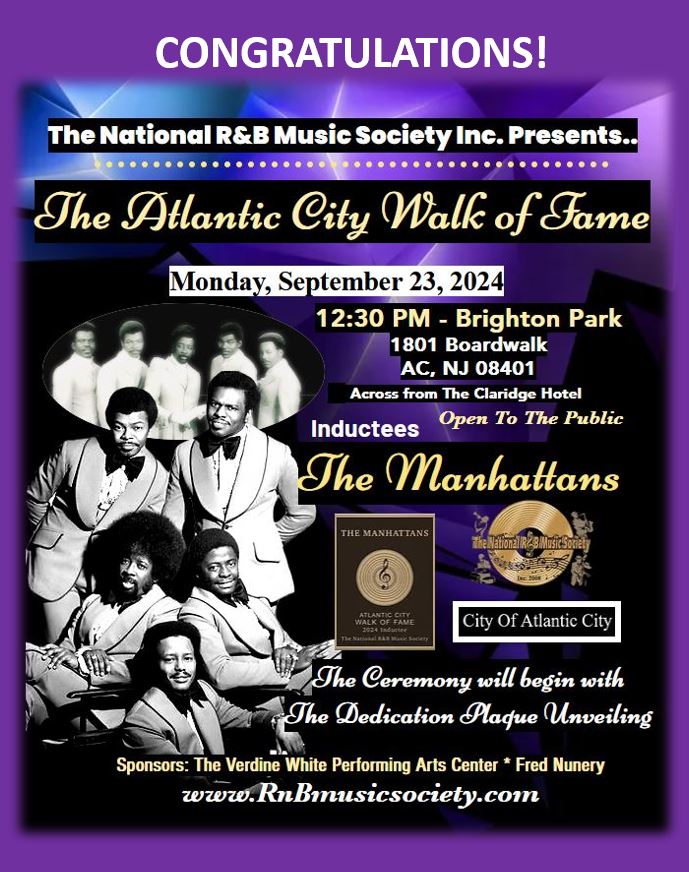By Andrew Hoffman
The last of this series points out how the certificate can affect the family indirectly. A signed death certificate is needed in order to get a permit from the state to bury or cremate someone. On top of that, if the deceased needs to be sent across state lines for services a transit permit is needed to transport the deceased legally and you need a signed death certificate to procure that. One final need that death certificates are helpful for is genealogy. The information that is contained on this document is invaluable to people who are tracing their linage. So if you’re concerned about your ancestry then it is a good idea to order an extra death certificate for this purpose.
Speaking of ordering death certificates that bring up two questions, first how much are they and second where do you get them? The cost for death certificates varies for each state and for each city. For example, in New Jersey the first death certificate is fifteen dollars and then ten dollars each after that. In Pennsylvania, they are 20 dollars each, Florida they are sixteen dollars each, so you get the idea. In answer to the second question death certificates may be obtained through your local funeral director, (like me) when making funeral arrangements. You can also order copies of death certificates from the office of Vital Statistics and Registry at their office, online or through the mail. You can also obtain copies from the local vital records office in the municipality where the death occurred. Again, the fees for the death certificates will vary for each municipality.
One final question about death certificates is who can get them? In some states, death certificates are considered public domain documents and they can be obtained by any individual regardless of the requestor’s relationship to the deceased, this is not the case in New Jersey. Some states might offer “informational copies” that can be requested by the general public, California, for example, makes informational copies of the death certificate available to everyone. In some states its common for death certificates to become public only after a certain period of time has passed, usually a few decades, again the exact time period would vary from state to state.
In other states, only a legal representative, a spouse, parent, child, or sibling of the deceased may obtain a copy of the death certificate, like New Jersey. In these instances, proof of relation to the decedent is required when submitting the application. Siblings typically need to provide a copy of their birth certificate showing parental relationship to the decedent. Legal representatives need to provide documentation proving the death certificate is needed for the determination of property rights. Also, legal representatives are typically required to include a letter stating whom they represent and how they are related to the person named on the record when requesting the copies of the death certificate.
As you can see there is a lot to think about when it comes to the certified copy of the death certificate. It is more than just legal proof that someone is dead, it serves many purposes. It is especially useful and important for an executor/executrix of an estate to have to settle a deceased’s affairs from notifying mortgage lenders and creditors to claiming life insurance and pension benefits. I make it a point to go over all of these issues with my families when they ask me “what do I need a death certificate for? See you in the next article.
Andrew B. Hoffman is a funeral director at Jeffries and Keates and Keates-Plum Funeral Homes. He is a twenty-two year veteran of the funeral industry.






